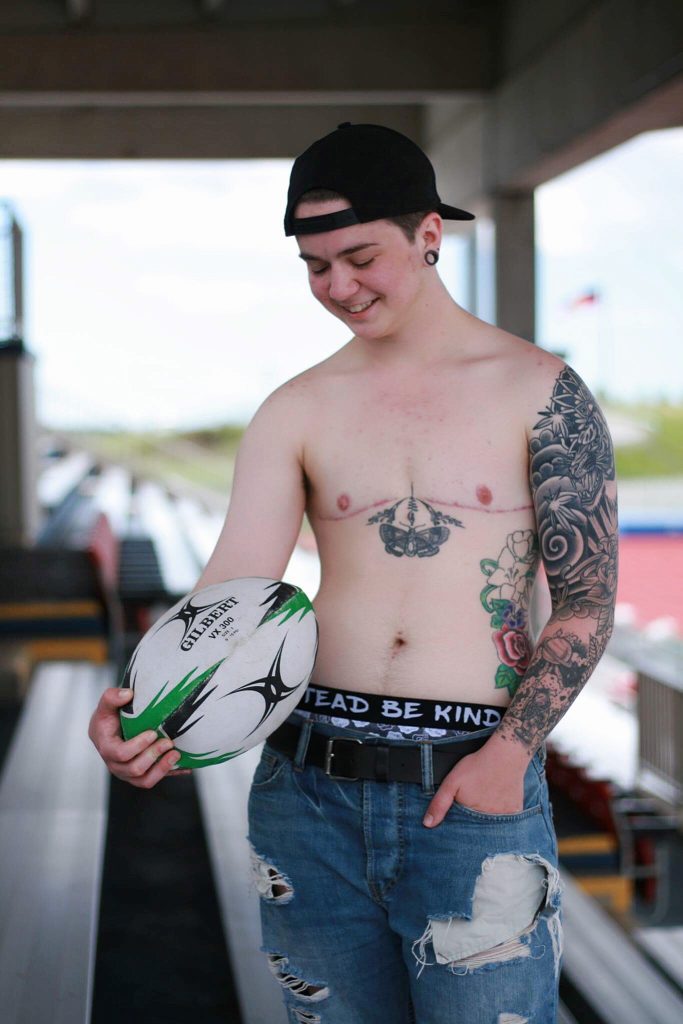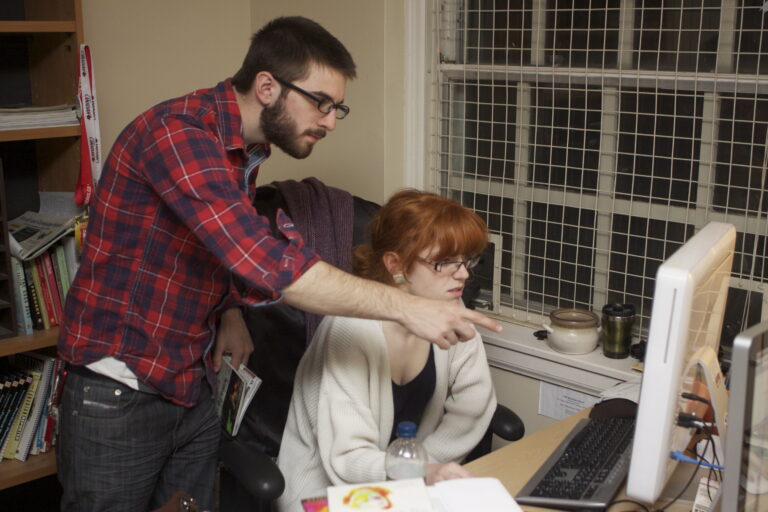U Sports, the governing body of university sport in Canada, has introduced a new transgender-inclusive policy.
On Sept. 26, U Sports released a statement stating that, effective immediately, student-athletes in Canada will now be able to compete on the team that either corresponds with their sex assigned at birth or their gender identity.
Since 2016, U Sports has been working on an all-inclusive policy that “reflects a sincere commitment to building an inclusive sport system,” said Allison Sandmeyer-Graves, chief executive officer of the Canadian Association for the Advancement of Women and Sport and Physical Activity (CAAWS).
The aim of the new policy is to ensure equal opportunities for all student-athletes regardless of their gender or assigned sex.
Faculty and coaches from the University of New Brunswick are expressing their opinions regarding this new transgender-inclusive policy.
Miles Pinsent, head coach of the Varsity Reds men’s soccer team, believes this change in policy reflects the direction in which society is heading.
“Twenty years ago, this situation would have been the storyline of a bad comedic movie. Now, our society has a much greater awareness and I believe that the U Sports new policy is trying to be proactive in recognizing this shift,” said Pinsent.
John Richard, director of athletics at UNB, also explains his enthusiasm for the new transgender-inclusive policy as a “positive step for the organization.”
“This is an extremely progressive step. It goes above and beyond some other policies that are currently out there,” said Richard.
Before this policy was implemented, there was no policy in place for transgender student-athletes. This meant that student-athletes in transition were forced to quit sports.
Jacob Roy, a transgender student-athlete, explained his experience with university sports.
“After beginning my social transition at UNBSJ I had experienced rejection from being able to participate in university sports,” said Roy.
UNBSJ told Roy he could not play in sports due to injecting hormones, and his teammates at St. Thomas University presented an unwelcoming atmosphere. These two factors caused Roy to give up the sports he loves.
“The coaches at UNBSJ were highly unsupportive of my transition when it came to still being able to play sports. On numerous occasions, I was told that I could not play due to injecting testosterone or because my small body stature would pose a safety concern,” said Roy.
“I believe that the way UNBSJ handled my transition and longing to play university sports was not only unprofessional but blatantly discriminatory and transphobic,” said Roy.
Pinsent said he anticipates problems to arise due to this change in policy.
“I think I would be naïve to say that this policy will not lead to situations where issues occur. Some of these issues we can probably anticipate and others we cannot. What will be most important is how these issues are dealt with as a team, as a university, and as a society,” said Pinsent.
Roy said although this is a step in the right direction, this is something that will “have to be reworked and looked at.”
“We need to also make sure that coaches and athletic faculty are being educated on these issues so that a higher standard of expectations can be set for the team and their code of conduct,” said Roy.
“The more inclusive our organization can be the better… and hopefully they now understand that [transgender student-athletes] are welcome to become student-athletes,” said UNB director of athletes John Richard.
“This policy is important and it is the perfect starting point for trans and queer inclusion in sports, but we need to careful to recognize that we are not yet at the finish line,” said Roy.




